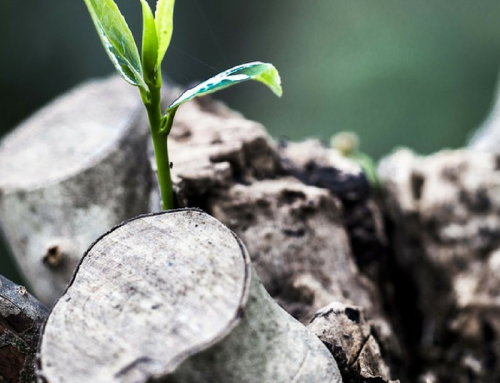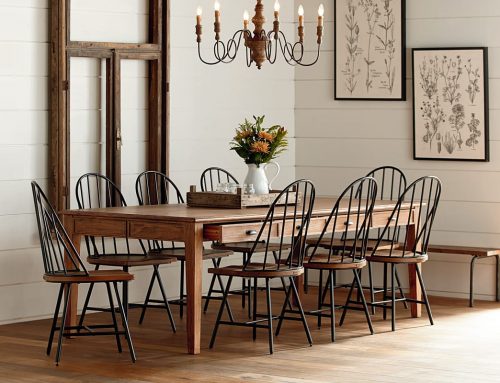At Postconsumers, we’re not short on people who love us and what we’re trying to do. But we also often find that people are either confused by our mission or they don’t feel that we’re pushing our message of reducing dependence on “stuff” and finding the satisfaction of enough for today hard enough. When we talk to these people, we often find that there’s a belief that we’re advocating minimalism. The truth is that we think minimalism is a great lifestyle choice and we applaud you if you chose it, but we don’t think that minimalism is or can be the answer for the mainstream. In truth, there is a difference between a postconsumer and a minimalist. We thought we’d take today to talk about it.
What is a Minimalist?
A minimalist is usually somebody who believes that you should live with a “minimal” or least amount of items or material objects. However, the definition of minimal isn’t extremely flexible. A minimalist basically believes that you need only the essentials. For example, a minimalist might advocate for the lifestyle of only choosing one hundred items and never having more than that at any one time. A minimalist also might advocate living “off-grid” without using many first-world luxuries like power appliances or computers. Minimalists come to minimalism for many reasons. For some, the joy of letting go of “stuff” is best experienced at its maximum level. For others, minimalism is an effective way to get back to nature. While there are an entire range of minimalists, just like there are people, minimalists work to make life as efficient, clutter-free and simple as possible.
What is a Postconsumer?
In every postconsumer there is a touch of a minimalist! That’s because postconsumers also desire to simplify and let go of society’s addiction to stuff. However, the difference is that a postconsumer may choose to do that on a wider range than what would be considered a minimalist. Being a postconsumer uses your own definition of “enough” as a gauge, whether it’s a little or a lot. It can be as simple as setting a monthly budget in order to reduce what you spend on needless “stuff.” It can also be as extreme as reducing down to only a hundred items in your home. What a postconsumer believes is that society is in a dangerous loop of addictive consumer behavior that isn’t mentally healthy for individuals or physically healthy for the planet. He or she wants to do his or her part to move beyond that consumer addiction and improve the world. But postconsumers also understand that not everybody is ready to or should even consider changing daily lifestyles entirely. Postconsumers are on a journey to make small, sustainable and successful changes that, when combined together, can alter the direction of society and the planet. For some, that will end with a minimalist lifestyle. For others, it may mean making optimizations to their existing lifestyle. For all, it means learning to understand that “stuff” doesn’t equal “happiness.”
Which Is Better: A Minimalist or Postconsumer?
Much like anything in life, neither of these lifestyles is better than the other. It’s simply about making a choice on where you are in your life and what you believe. You may believe that the environmental and consumer situation in the world is so dire that anybody not adopting a minimalist lifestyle isn’t doing enough. But you may also believe that a purely minimalist lifestyle is simply too extreme. Both of these points are valid, and both of these groups of people should get along because they’re both working to correct a serious problem with our society and planet. Which one you fall into is up to you.
Making people, the planet and society better is a worthy goal. However you define your role in it or however huge or manageable your contribution is, you’re doing an important and good thing.
Have an opinion on postconsumerism or minimalism? Tell us about it on Facebook, Twitter, Pinterest or Instagram.
Photo Credit: David Turnbull via Flickr





